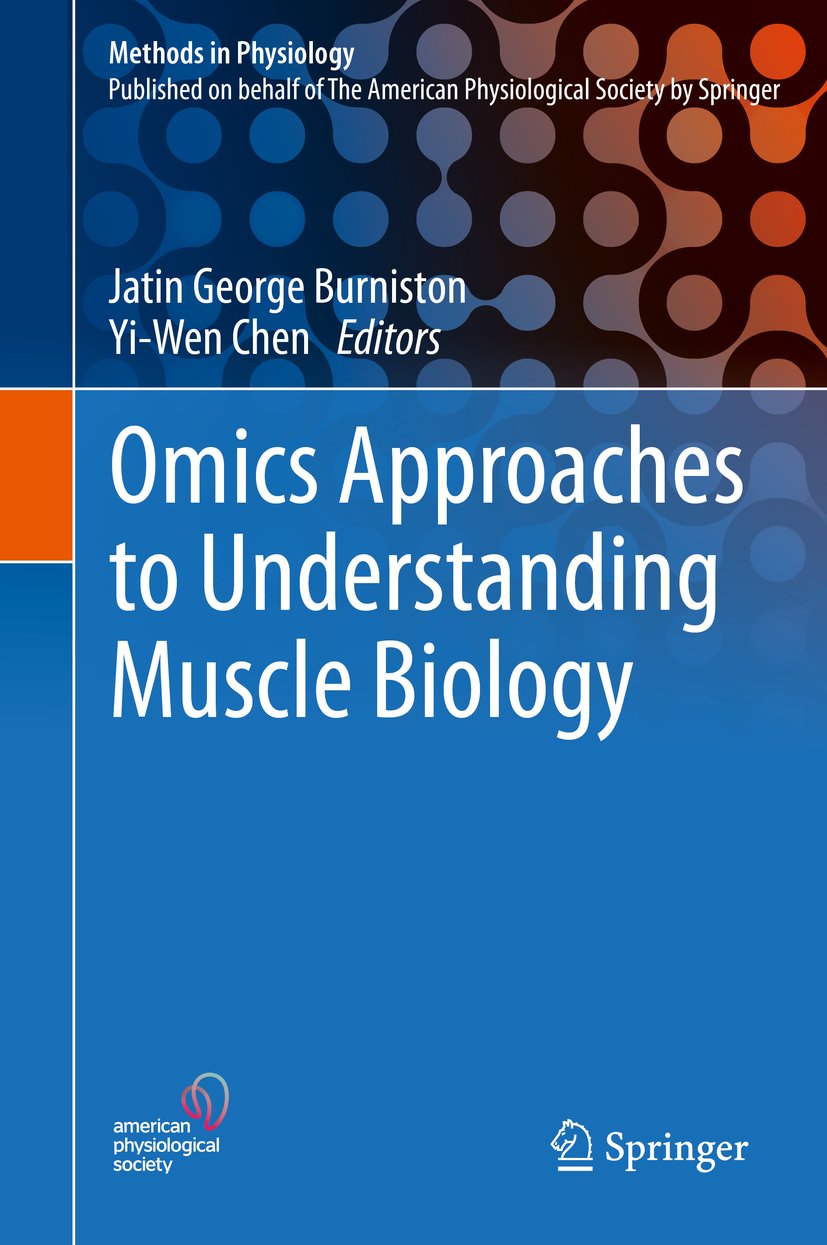Jatin George Burniston
Jatin Burniston is a Professor of Muscle Proteomics at the Research Institute for Sport & Exercise Sciences, Liverpool John Moores University, UK. He established the first proteomics facility with a specific focus on exercise physiology and published
... Read more
Jatin Burniston is a Professor of Muscle Proteomics at the Research Institute for Sport & Exercise Sciences, Liverpool John Moores University, UK. He established the first proteomics facility with a specific focus on exercise physiology and published the first works reporting proteomic analysis of striated muscle responses to exercise training. Jatin strives to continue pioneering the field of exercise proteomics and is a proud champion of the application of non-targeted '-omic' research in exercise physiology. He recently combined his expertise in mass spectrometry and proteomics with new metabolic labelling methods using deuterated/ ‘heavy’ water to establish the unique ‘Dynamic Proteome Profiling’ method. Jatin serves on the Editorial Board of the American Physiological Society (APS) journal, Physiological Genomics, and is a Fellow of the European College of Sports Sciences (ECSS) and a member of the ECSS Scientific Committee. He also leads the MSc Exercise Physiology programme at Liverpool John Moores and particularly enjoys delivering his module on Molecular Exercise Physiology.
Yi-Wen Chen is an Associate Professor of Genomics and Precision Medicine at the George Washington University and Principal Investigator at the Center for Genetic Medicine Research, Children’s National Health System, DC, USA. Her research uses transcriptomic approaches to study molecular pathways in muscles in response to physiological stimuli and pathological conditions. Yi-Wen uses genome-wide RNA profiling to dissect the disease mechanisms of various muscle disorders and to identify molecular mechanisms of adaptive remodelling. In addition, her group uses next-generation sequencing and long-read sequencing to study genetic, epigenetic and transcriptomic changes in muscles using physiological and disease models. Currently she is part of the Human Cell Atlas consortium, with a focus on single-cell profiles and spatial characterization of gene expression in skeletal muscles at different developmental stages.



